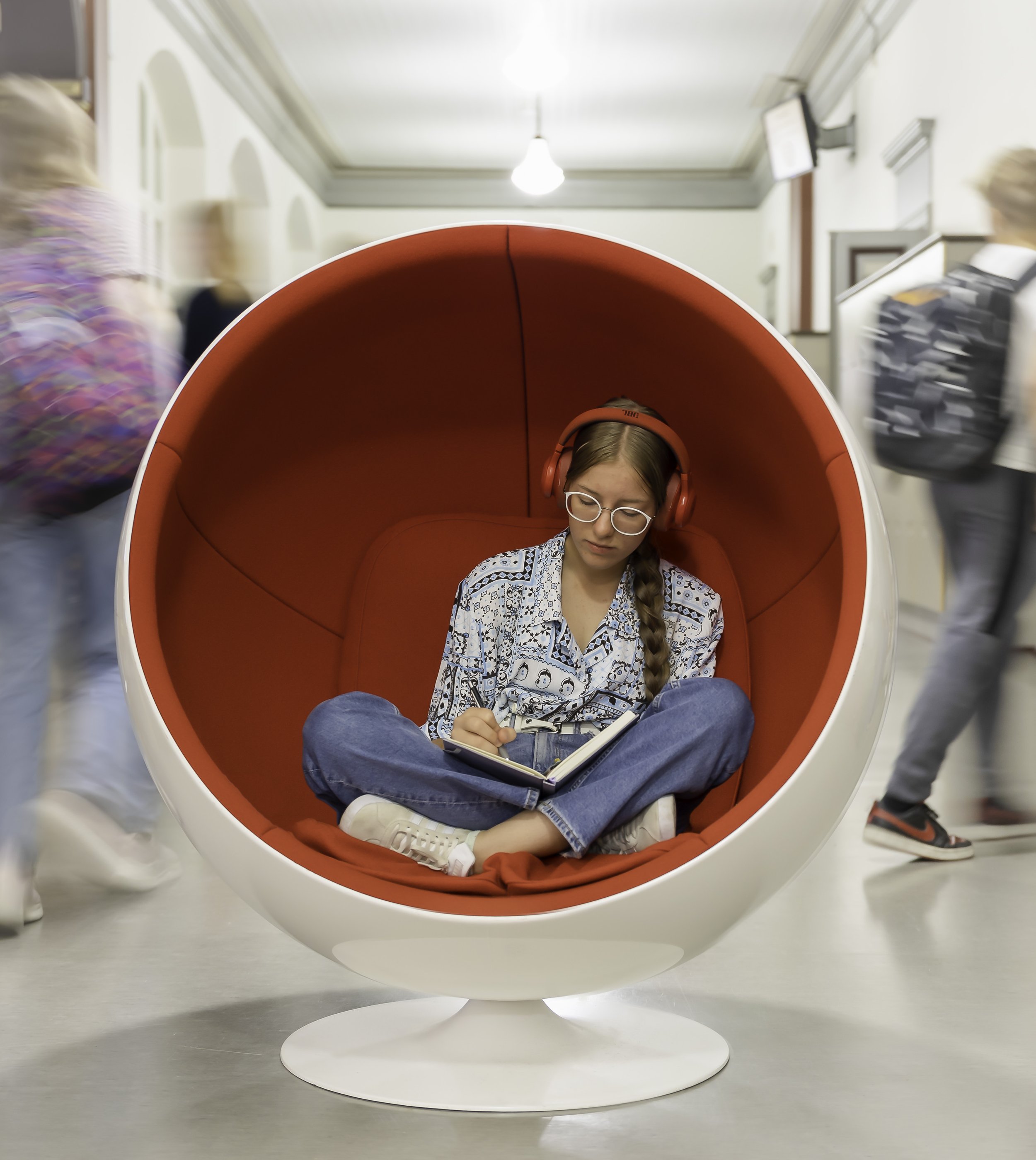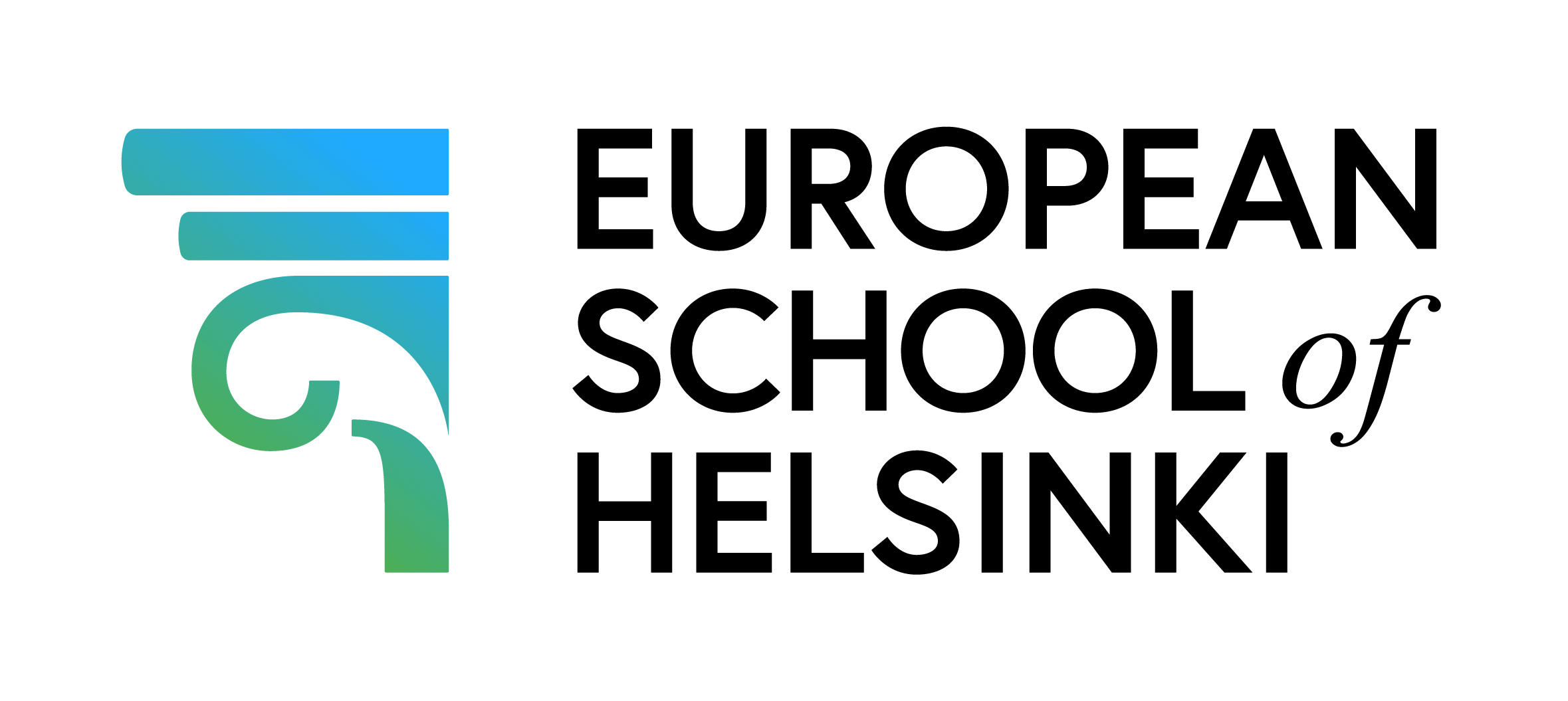
The curriculum
The secondary cycle at ESH begins at level S1 and continues for seven years until the students gain the European Baccalaureate in S7. The curriculum encompasses all general academic subjects from Mathematics and the Sciences to Humanities and Modern Languages. Students with an interest in Art and Music can develop their skills working with a syllabus which is in-depth and challenging. ESH offers an inspiring and holistic curriculum.
Inclusive School community
The benefits of attending the secondary cycle at ESH are many. At ESH we value our diverse and multicultural educational surrounding and students get the opportunity to thrive in such an environment. The school community is of high importance, the secondary students have the opportunity to affect decision making in the school by running for election in the student council.
Linguistic & cultural diversity
The secondary cycle features a continuous tutorial syllabus as part of the curriculum. Tutorial hours give students the chance to receive general support from a trusted member of teaching staff, or tutor. In S1 and S2 students with common language section are combined in tutorial groups. In later years, language sections are combined and students enter a more diverse community.
Students attend classes together with their language section initially, in later years students are integrated in some subjects like History, Economics and Geography into groups working with the students' second language as the language of instruction. This change promotes using the second language in a working environment, combining content and language integrated learning.
European Baccalaureate
The EB is an officially recognised entry qualification for higher education in all EU countries, as well as many others. European School students attend universities all over Europe and beyond. There are currently around 24,000 students in the system and approximately 1,500 take the EB each year. These numbers are growing annually as the system expands.
The EB is a demanding examination where students must study 10 or 11 subjects. Students are required to study their own language, at least one foreign language to a high level, history and geography in that foreign language, mathematics, at least one science subject, philosophy, physical education and religion/ethics. They must add elective courses to this, for example more sciences and languages, or the same subjects at a higher level. This means that, despite the large compulsory element in the EB, students are able to build up a program which reflects their particular interests and strengths. The EB diploma is based on performance in the final year.




